Filipino Flavor, Jersey Grind | Inside Ayala Coffee’s Feel-Good FILAm Vibe
Written by Jennifer Redondo
May 16, 2025
Ayala Coffee, New Jersey’s first Filipino coffee shop, was founded by first generation Filipino-Americans, Trixie Jose and Matthew Reyes. Inspired by their heritage and tight-knit family, Ayala offers a unique experience with every sip and every bite. Their food is carefully curated by Filipino-American chefs, Executive Chef Alex Ruperto and Chef de Cuisine, Kay Manahan.
Starting as a pop up coffee cart, Ayala has grown into a top-ranked cafe in downtown New Jersey. To learn more about Ayala and what they’re serving up in the East Coast, keep reading:
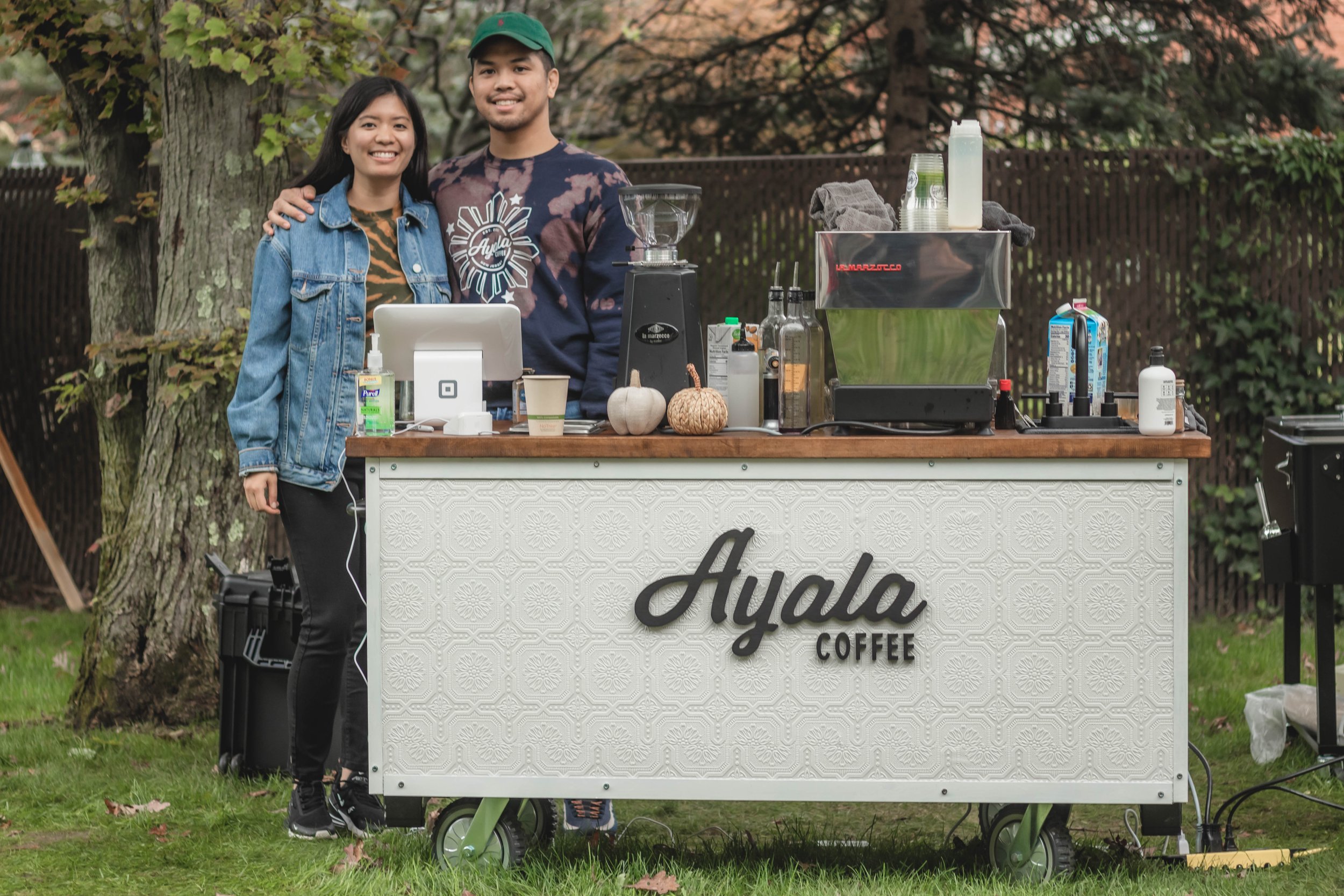


1. Tell us about yourselves.
Alex Ruperto: I’m Alex, the Executive Chef at Ayala Coffee. I was born and raised in New Jersey, then moved to Long Beach for 13 years with my wife. I have a bachelor's degree in culinary arts and management from the Culinary Institute of America. I started as a prep cook and worked my way up to executive chef. In 2015, I moved into pastry exclusively and became the pastry chef for my friend's restaurant group.
Then, I moved back to New Jersey and had to start all over again. That’s when I met Trixie and Matt, the co-founders of Ayala Coffee. They took a chance on me and allowed me to pop-up in their cafe featuring my Filipino-inspired creations.
Trixie Jose: I'm Trixie. I was born in San Francisco, relocated to New Jersey at the age of three. Prior to our current location, we operated a to-go establishment in Union, New Jersey, situated next to a Filipino restaurant owned by my maternal uncle. I come from a very entrepreneurial family. My lola and my great-grandparents were entrepreneurs, so of course, my mom and some of her siblings naturally gravitated towards the food and beverage sector.
In high school, I wanted to be a doctor. I pursued pre-med at Rutgers New Brunswick, but I realized my aptitude in science was not up to par, so I changed direction. I graduated from Kean University with a degree in accounting and then worked in public accounting for five years. Throughout college, I worked at a women’s luxury boutique selling high-end fashion. That’s what spurred my passion for fashion. I initially believed my ideal career path involved accounting for a prestigious fashion company. After leaving public accounting and obtaining my CPA, the pandemic struck. I then transitioned to what I perceived as my dream job. However, after a year, I realized it wasn't the right fit, leaving me feeling deeply unfulfilled and questioning my future direction and how much longer I could continue in that role.
Matt and I, already a couple, shared the vision of opening a Filipino coffee shop. In 2019, Matt took me on a birthday trip to Seattle, which opened our eyes to their flourishing Filipino food and beverage scene, which seemed much more advanced than what we were seeing on the East Coast. Visiting Hood Famous in Seattle, we immediately felt like our aspirations were materializing. Their concept was similar to what we envisioned. This gave us confidence that we could successfully establish such a venture on the East Coast.
In 2021, my youngest brother questioned how much longer I would pursue accounting, a field I had entered just a year prior, thinking it was my dream job. I was uncertain, wanting to see where it would lead, perhaps giving it another five to ten years before considering opening a cafe. However, my brother urged me to seize the opportunity then, before greater responsibilities could hinder us. Following that Saturday conversation, I established the LLC for Ayala the next Monday and proceeded to develop a six-month plan.
Matthew Reyes: I’m Matt, co-owner of Ayala Coffee along with my wife, Trixie. I was born and raised in New Jersey. My background includes a bachelor's degree in IT from Kean University, followed by a few years as an application analyst across various industries. In those roles, my responsibilities involved maintaining, troubleshooting, and updating business-related services. My journey with Ayala Coffee began in 2021 with the launch of our mobile cart business.
2. How did you get into the coffee business?
Matthew Reyes: Despite us lacking a formal culinary background, we've always been deeply passionate about the food, beverage, and the hospitality industry. My initial interest after high school was actually in culinary arts, but I never pursued it professionally. During our travels, we would always make it a point to explore the local food scene. While dining, we would often discuss what our dream establishment would be like, and those conversations ultimately led us to where we are today.
Trixie Jose: Our journey into coffee started during the pandemic. We did more deep dives into freshly roasted coffee origins and started to explore Filipino coffee. Before opening a brick and mortar, Matt did a lot of research with coffee carts. We saw that it was a great way to start small, get our name out there, and have people try our stuff. In 2021, we started strictly just as a mobile cart. We thought we would try that for a year to see how things go, but we quickly realized how unsustainable that was and how much work it actually was to operate as a cart. We didn't have a home base to park our stuff – all the loading, unloading, traveling, commuting! On top of that, we had to figure out where we could pop up every week and every month. It was tough, especially when a lot of places charge vendor fees. We were just starting out so we had to be very meticulous with our very little funds.
We then moved into a to-go space, next door to my uncle’s Filipino restaurant. It was a tiny vacant office space that we slowly converted into a homey little cafe. There was no plumbing underneath. We used our cart as the main basis of operations within the office space. While that was great, it proved a lot of challenges. It was very difficult when it came to things like taking out waste, and managing the amount of people. Only four people could sit, and the rest was standing room only. We quickly outgrew the space. And then, our first big break came in 2022 with an article published from NJ.com. Later that year, the town reached out to us and let us know that they had big plans to revamp the downtown area. They asked if we would be interested in moving into a brick and mortar space. In 2023, we increased our R&D efforts for the cafe. This included a trip to Kasama in Chicago to observe their brunch and pastry operations. The remainder of the year was spent fundraising and focusing on expanding our customer base and brand awareness.
3. Let’s talk about the name, why is it called Ayala Coffee?
Trixie Jose: Ayala Coffee is named after my lola’s subdivision in Quezon City, Philippines. In 2020, at age 79 my lola contracted COVID early in the pandemic when ventilators were scarce. Unable to visit, the family communicated with her doctor by phone as her condition worsened. After five days on a ventilator and with no improvement, a priest was called to pray as she was feared to be near DNR or enter cardiac arrest. On the sixth day, she showed signs of improvement, eventually came off the ventilator, and returned home.
My lola's situation served as a crucial wake-up call and the decisive push needed to seriously pursue a different direction. Accounting wasn't my passion, even though I excelled at it, earned well, and had a promising future. Despite feeling appreciated at work, I always knew it wasn't my long-term path. Ayala Coffee is dedicated to my lola!
4. Tell us about Ayala Coffee’s menu?
Trixie Jose: Ayala Coffee's menu features Filipino-inspired coffee drinks like cassava latte, ube, and buko pandan, using real pandan leaves, alongside my family favorites such as peach cobbler. My favorite desert of all time is cassava cake, so that served as the basis for our first drink we experimented with. Following that, we thought of other flavors and food staples to Filipino cuisine. We figured out how to transfer Filipino desserts into the form of a drink.
Matthew Reyes: The goal for our coffee program was to highlight specialty-grade Philippine coffee by sourcing directly with the farms, roasting locally, and creating flavors in-house that authentically represent Philippine desserts and ingredients. As our beverage program grew, we kept the same approach of crafting original recipes that resonate with our culture and community. Ultimately, when in the creative process, we aim to make something unique, tasty, and balanced.
Our initial food menu concept was based on what we envisioned as a contemporary cafe, drawing inspiration from enjoyable culinary experiences while influenced by our Filipino roots and creative perspectives. The rest of the credit goes to Alex as he’s executed the menu and helped deliver the concept so well. During our menu building process we pitched a template of some ideal offerings that would best fit our concept. This included a pastry/ lamination program and unique takes on to-go friendly breakfast and lunch items. Alex and Kay helped shape the rest of it and took it to another level.
Trixie Jose: Before Alex came on board with us full time, we were wholesaling our pastries. We started by partnering with Balthazar Bakery, a well-known bakery in New Jersey and New York. They offer standard pastries you’re most used to seeing at coffee shops – chocolate and almond croissants. Then we partnered with Kay, our current chef de cuisine, and our other friend Niko who is opening up his own bakery soon. Since they operate as a one person team, they aren't able to produce at a volume that huge bakeries like Balthazar could.
That’s why we only offered pastries Fridays through Sundays. That worked out really well, and eventually we started wholesaling from Alex and our friends who own Kora in Queens, New York. We became a hub for Philippine pastries, but just on the weekends. We knew that we wanted to serve Philippine pastries daily when we opened up our new shop, but we didn’t have a kitchen yet to be able to provide the space that Alex and Kay would need to make their creations.
Alex Ruperto: That’s when I came on board, at the end of 2023. Prior to coming on board, I would pop up at Ayala every month. The first big thing I created was the pandan croissant stuffed with pandan flavored pastry cream, which was inspired by Kaya toast, which is bread, butter and coconut jam flavored with pandan.
In 2015, when I first became a pastry chef, I told myself I wouldn’t do savory again! Ten years later, that’s what I am doing for the most part. In the beginning, we focused on laminated stuff like croissants, danishes, and cruffins. Then we started adding a lot of the savory stuff. For me, in all my creations, flavor comes first, followed by the aesthetics. I wanted to make sure it looked beautiful enough “for the gram” as well! So we started adding glazes, and started experimenting with the shapes.
As far as my creative process, I don’t have one. I just go with whatever comes to me at the time. Really, sometimes I make things based on whether it rhymes – can I put the two words together? I carried that forward with spam and longanisa to make the “spamganisa” breakfast sandwich. If I could put two words together, let’s make that! It sounds crazy, but it works out!
Our current menu features breakfast sandwiches and burritos, with the tocino breakfast sandwich being a top favorite. Among our pastries, the ube champorado croissant stands out as the best seller. This unique creation offers an ube-forward flavor profile and the texture of champorado with rice bits incorporated into the croissant. Another popular item is our honey butter toast, made with our in-house Japanese milk bread caramelized with brown sugar and butter, then topped with ube halaya and whipped kesong puti, our Filipino cheese with a touch of salt.
Ayala Coffee prides itself on its house-made offerings. Among these is the ensaymada cruffin, a unique combination of a cruffin topped with butter, cheese, and sugar. We also feature coconut canales, a French pastry known for its deeply caramelized, crunchy exterior and custard-like interior reminiscent of French toast. Our menu includes otap, the Filipino counterpart to the French arelettes. Chef Kay developed our chocolate chip cookie, which incorporates our own ground coffee and Auro, a Filipino chocolate. Her creations also include our vegan banana bread with latik. The newest addition is the peach mango puff, Ayala’s interpretation of Jollibee’s popular peach mango pie. The dedication to in-house production, though challenging, is something we believe our customers value.
Trixie Jose: As far as drinks, our best-seller is the ube latte, closely followed by the leche flan latte. The pandan latte is also quite popular. For older customers, it evokes a sense of nostalgia. Younger customers, while perhaps not able to speak Tagalog, appreciate our offerings as a way to connect with their culture. Our customers also really enjoy our cassava latte. We've been told that it reminds them of their mother's or grandmother's cassava cake, which is the highest praise for us because that's precisely what we aimed to achieve. We exclusively use genuine ingredients and craft everything in-house, including our unique cassava syrup, made entirely by us. It's a true achievement when our creations evoke cherished memories and feelings of nostalgia.
5. How did you feel when Ayala Coffee's customer base grew to include those outside the Filipino community?
Trixie Jose: It's interesting to see how much our offerings resonate with different cultures. Like Alex mentioned, I was surprised to learn about the French roots of otap. Just recently, a regular customer from El Salvador tried our cassava latte and pointed out that they also have a cassava cake in her country. I had always thought that cassava was primarily a Filipino thing.
We've had many customers try our menu items and share similar experiences, noting parallels with dishes from their own cultures. It brings me joy that Ayala Coffee can create a sense of connection for everyone, regardless of their background.
Matthew Reyes: More than anything, overjoyed. It’s been exciting to see our customer base grow more diverse and we’ve been so fortunate to be serving such an open minded community. When we created Ayala, we wanted it to be a place for everyone. We wanted to create a space for people to feel safe, feel at home.
6. Let’s talk about Ayala’s aesthetics.
Trixie Jose: Aside from our pastries being “instagrammable”, we wanted our space to also be aesthetically pleasing. We were very cognizant of planning our space, and we wanted it to look like a beautiful space reflective of Filipino influences. So, we partnered with a Filipino architect and interior design firm called La Union based out of Seattle. La Union, known for their work with Hood Famous and other Filipino businesses, is a husband-and-wife team. The wife is an interior designer and the husband is an architect. They work hand in hand on these types of projects and spaces. I wanted someone who had either an upbringing or a personal connection to the culture and the design. We sought their cultural expertise to create a modern, contemporary cafe with subtle Filipino touches, including chandeliers from Cebu and Philippine-inspired wood accents.
7. What has been the most significant challenge encountered while developing your business?
Trixie Jose: The biggest obstacle, just to be frank, has been funding. Opening up a coffee shop, especially if it's brand new, it’s not cheap. We had to buy all of the equipment, which we utilized all of our resources before we did a Kickstarter campaign. We asked for funds from the community in exchange for our service and/or merchandise. We raised $50,000 and that went quick!
Securing an SBA loan presented challenges for us as a small business. Although not a brand-new startup, our two and a half years of tax returns weren't sufficient to cover the project costs, and bank lending was limited. This necessitated seeking investors, a difficult prospect given my upbringing and discomfort with asking for money. Stepping outside that comfort zone became essential for the sake of our coffee shop.
In the weeks leading up to Ayala Coffee's opening, the immense behind-the-scenes effort was invisible to most. As owners, Matt and I were putting in 20-21 hour days tackling essential tasks ourselves to save costs and ensure things were done right. For instance, Matt personally built tables by sawing wood, and we customized a unique sized table that we couldn't find elsewhere. Our days were filled with building, cleaning, and countless other necessary tasks. We would only go home to quickly shower and sleep before returning to the shop. As owners, we understood the need to handle these specific responsibilities and didn't expect anyone else to do the same.
The beginning was truly chaotic. It's funny now to think about how precarious our financial situation was right before opening Ayala Coffee to the public. We only had $2,000 in the bank on our first official day. Alex and Kay were unaware of how close we were to running out of money. While construction costs were significant, I underestimated the expense of essential kitchen items like utensils and cookware.
Before our public launch, we held a private soft opening for friends and family to practice our service and identify any issues. Afterward, Alex and Kay suggested taking a break, but that was simply not an option. Despite our exhaustion, we couldn't afford to stop working, as we wouldn't have been able to pay our staff – or even ourselves.
We faced some challenges in opening the following week. But we had no choice! Even after we opened, I still had to manage our funds. We had lines out the door, but we weren’t seeing any of that money because a lot of it goes back to paying back our investors and paying back loans. Payroll has increased exponentially because now we have a bigger team.
People may think that business is great, which it is, but that doesn't always mean that the owners are seeing the benefits. A lot of the time, we'll sacrifice what we can to make sure that the business and the team has what they need first. Post opening has been a separate hurdle in itself.
Alex Ruperto: When we received the news, "We're opening," that was the point of no return. Once you're operational, there's no turning back. Fortunately, we've been able to assemble a strong team of reliable individuals, for which we are very grateful.
Trixie Jose: We have very dedicated and hardworking staff. They believe in us and the vision. One of our bakers has been with our company since we started. When she first joined our team, she was a part-time barista. She always had a passion for baking, but it wasn’t until she met Chef Kay, who became her mentor. A few months later, she enrolled in pastry school and now she’s a baker on our team!
Seeing stuff like that has been really rewarding for us. It’s been great to see everyone working so hard and yet still keep a great, positive attitude. It makes things easier for the rest of us. It helps the business!
8. How did your parents react when you decided to quit your jobs and start Ayala Coffee?
Trixie Jose: My dad's first question was how can I help? He was very supportive. My mom who worked alongside my lola in her food canteens in the Philippines was apprehensive at first just because I never told her about this dream. We were in the middle of COVID and so she was coming from a place of concern. She was worried if something like COVID happens again. She was asking if I was sure I wanted to do this now. I explained to her this is really what we want. It's really important to us.
We were confident that we could do a really good job at this. After she got over that initial shock and concern, she's been our number one supporter. When we were doing popups and just posting our flyers on Instagram, she would repost it on Facebook and invite her friends to come and support us. If her friends couldn’t make it, she would bring drinks to give to her friends.
Matthew Reyes: My parents have always been super supportive throughout this journey. They never really gave me any negative pressure. My mom has always been excited to see our success and growth. From day one, she was posting about our pop ups on her Facebook.
Trixie Jose: Growing up, I wanted to pursue the medical field at first. That was never something that was forced on me. Even grades, my parents weren’t as strict. They were just happy as long as I was passing. They didn’t want to force good grades as an additional stressor. My parents were progressive in a lot of ways and school was one of them. My mom has been so supportive, even financially, she helped us with this new buildout. For her, it was seeing lines out the door for us and seeing all these press appearances that have made it worthwhile. She is very much at ease knowing that she had a role in the success of our company.
Alex Ruperto: My parents didn’t believe that I was going into culinary because I went to Rutgers for engineering. But, I was doing terribly in school. Normal school is not for me. I couldn’t focus. I decided to give culinary school a chance because I was interested in cooking and was good at it. Initially my parents were hesitant, but they saw that I was thriving and doing well. That’s where I found my hyperfocus and where I found my calling.
10. What’s next?
Matthew Reyes: Our biggest focus right now is just constantly innovating both food and drinks. There are a few things that we're working on with Alex for our spring / summer menu, still highlighting a traditional Filipino dish but with a twist.
Trixie Jose: As far as drinks, Matt has been really great at constantly coming up with new drinks. It gets tough after a while, because what other Filipino desserts are out there that we haven't at least attempted? Sometimes we'll like a drink, but then maybe our guests might not be super receptive to it. We always do taste tests with everything. If Alex makes something, I make sure that whoever's working with me, if I have other baristas working with me, I'll have them try it, too, to get a good consensus of what the general population would feel. We have a lot of great items in the works, influenced from either our travels or just from Alex's experiences. We will continue to expand our creativity with dishes and drinks.
The R&D part is the fun part of the business, but as business owners, we also have to work on other stuff that we're constantly trying to improve on our systems, tightening our cash flow, and making sure that we have a better overall grasp on certain things. We're super fortunate to have a great team, especially most of our front of house team has been with us for two to three years. They pretty much know more or less what to do. It was definitely a learning curve once we moved to this new location. But, I feel like they were really quick to learn new systems and just operate differently as opposed to this is how we always did it at the first location. We had to change and tweak some things here. They were super open-minded with that, which was great. We will continue to stay efficient and continue to promote the culture.
11. Where can people find you?
Ayala Coffee is located at 946 Stuyvesant Avenue, Unit 2, Union, New Jersey 07083.
Website: https://www.ayalacoffee.com/
Instagram: @ayalacoffee
Facebook: https://www.facebook.com/ayalacoffeeco
Written by Jennifer Redondo
Co-Founder and Co-Author of In Her Purpose










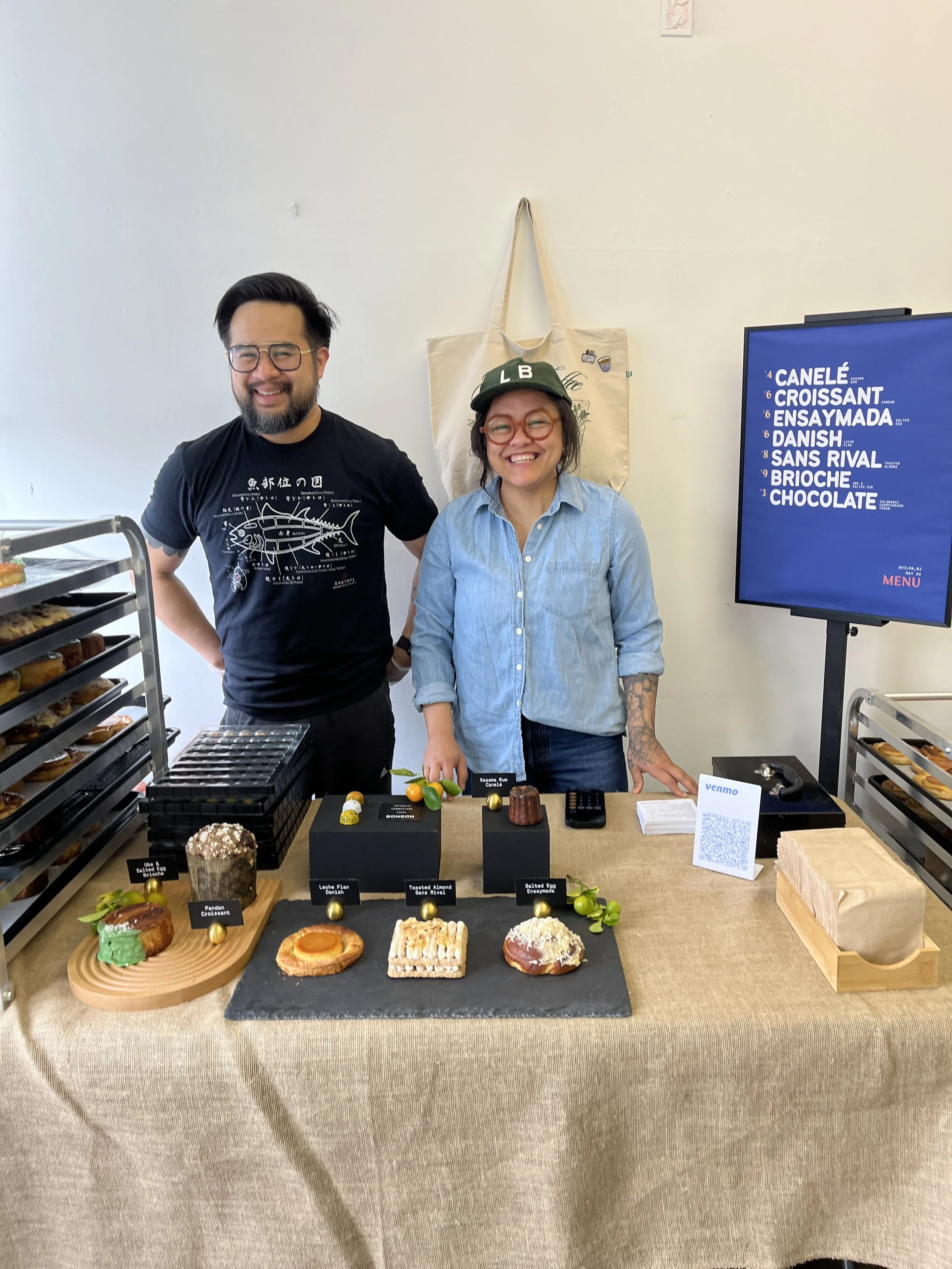

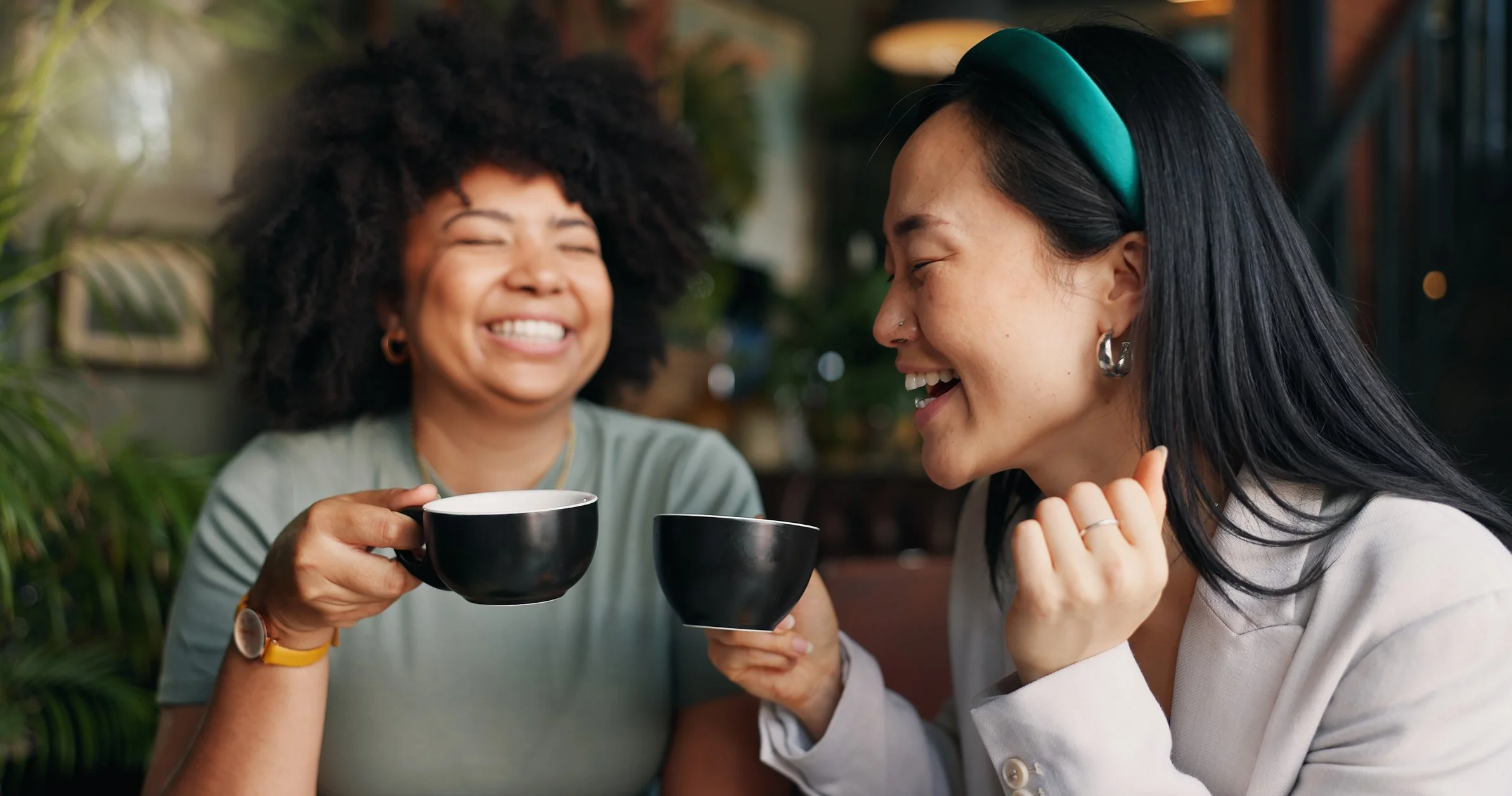
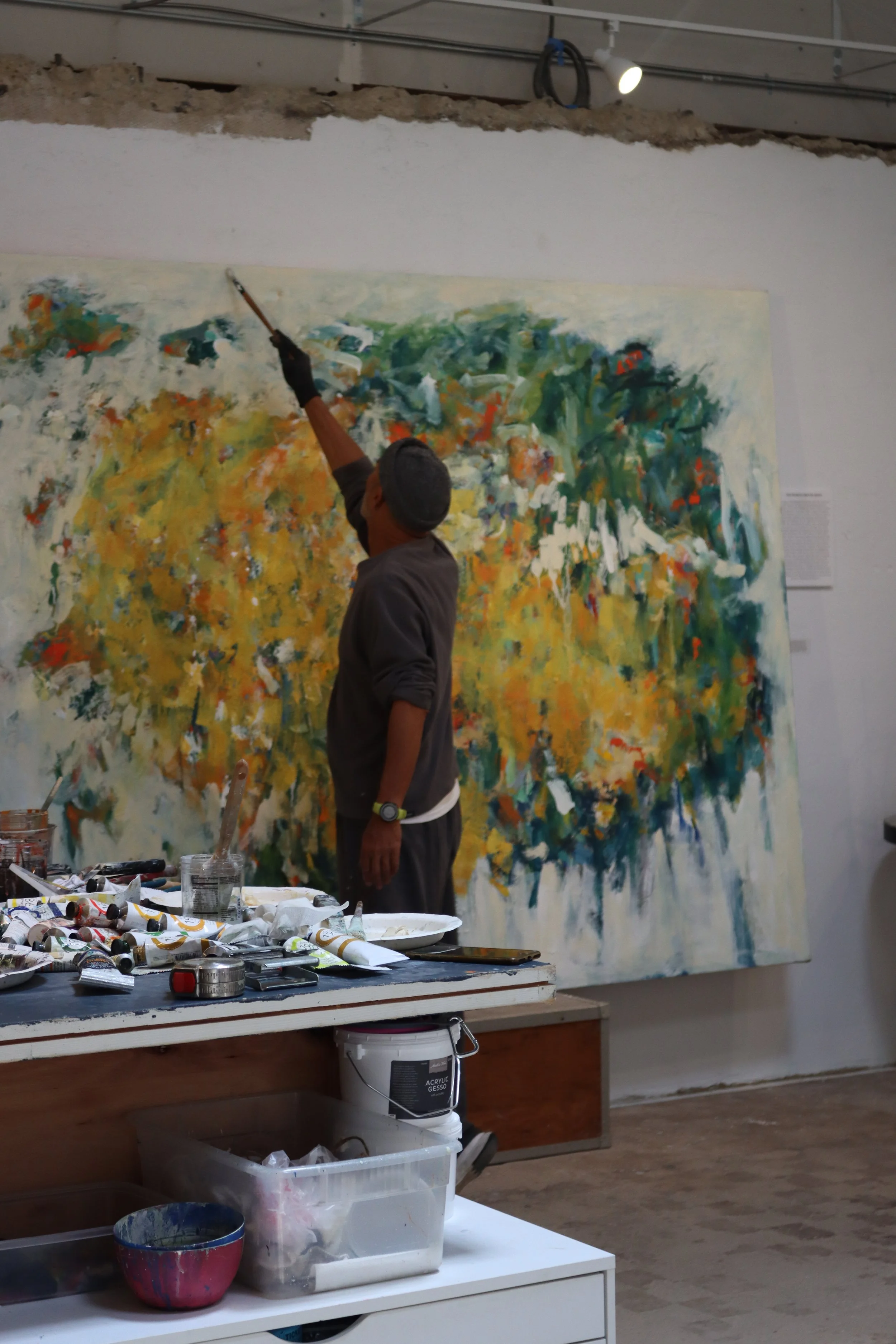
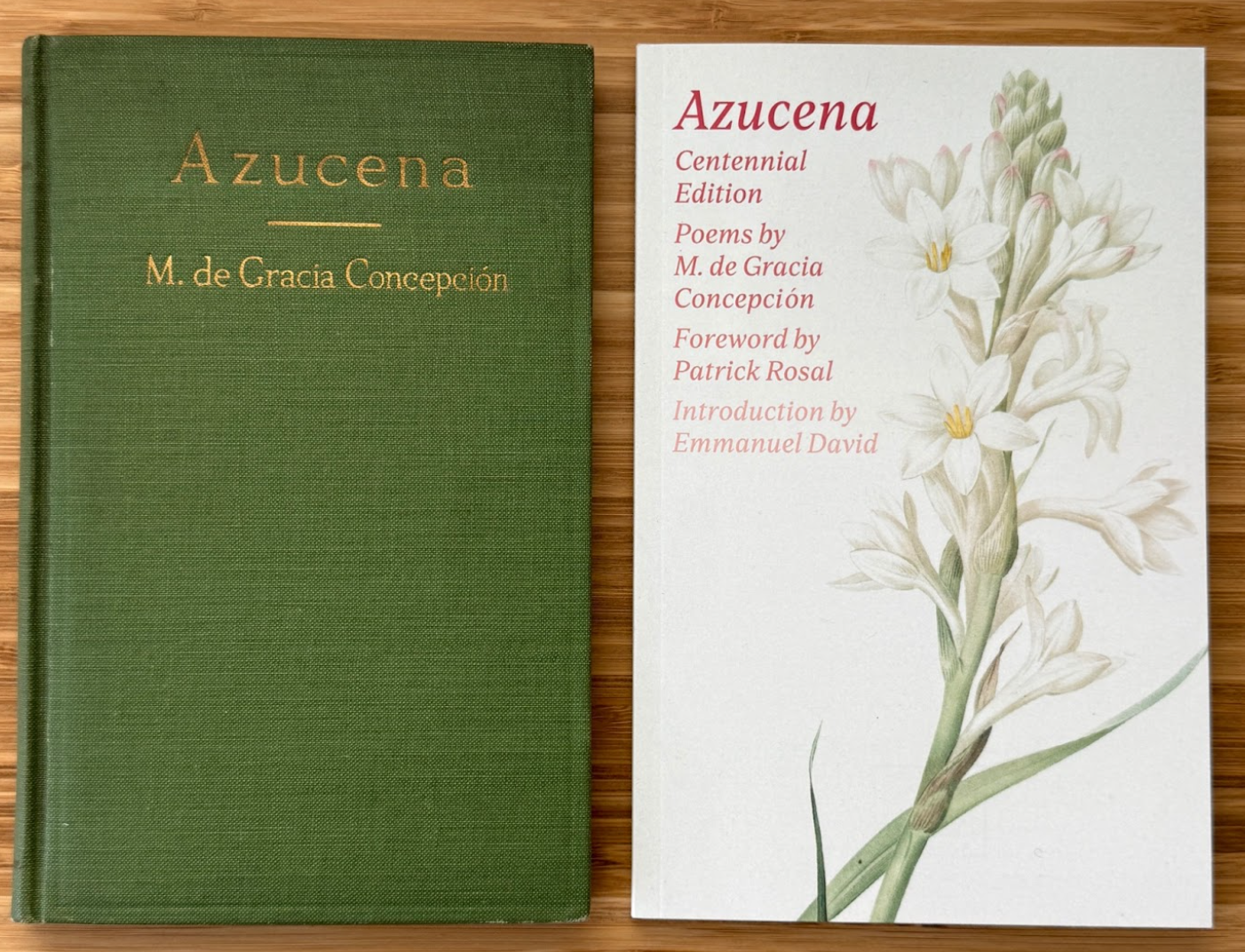
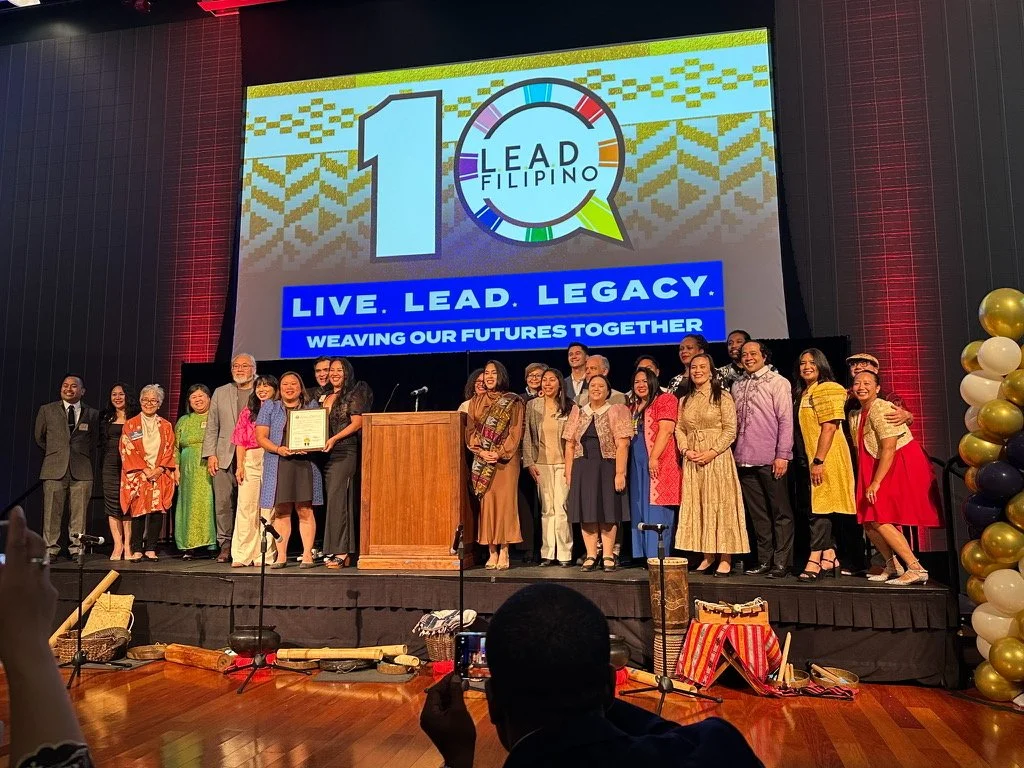

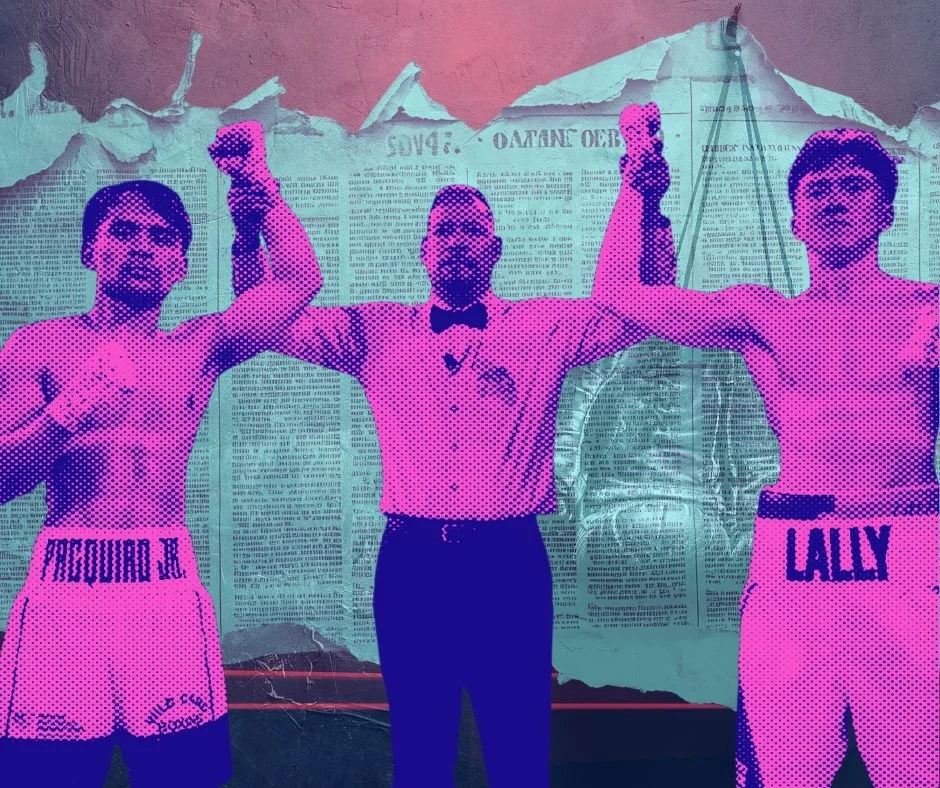


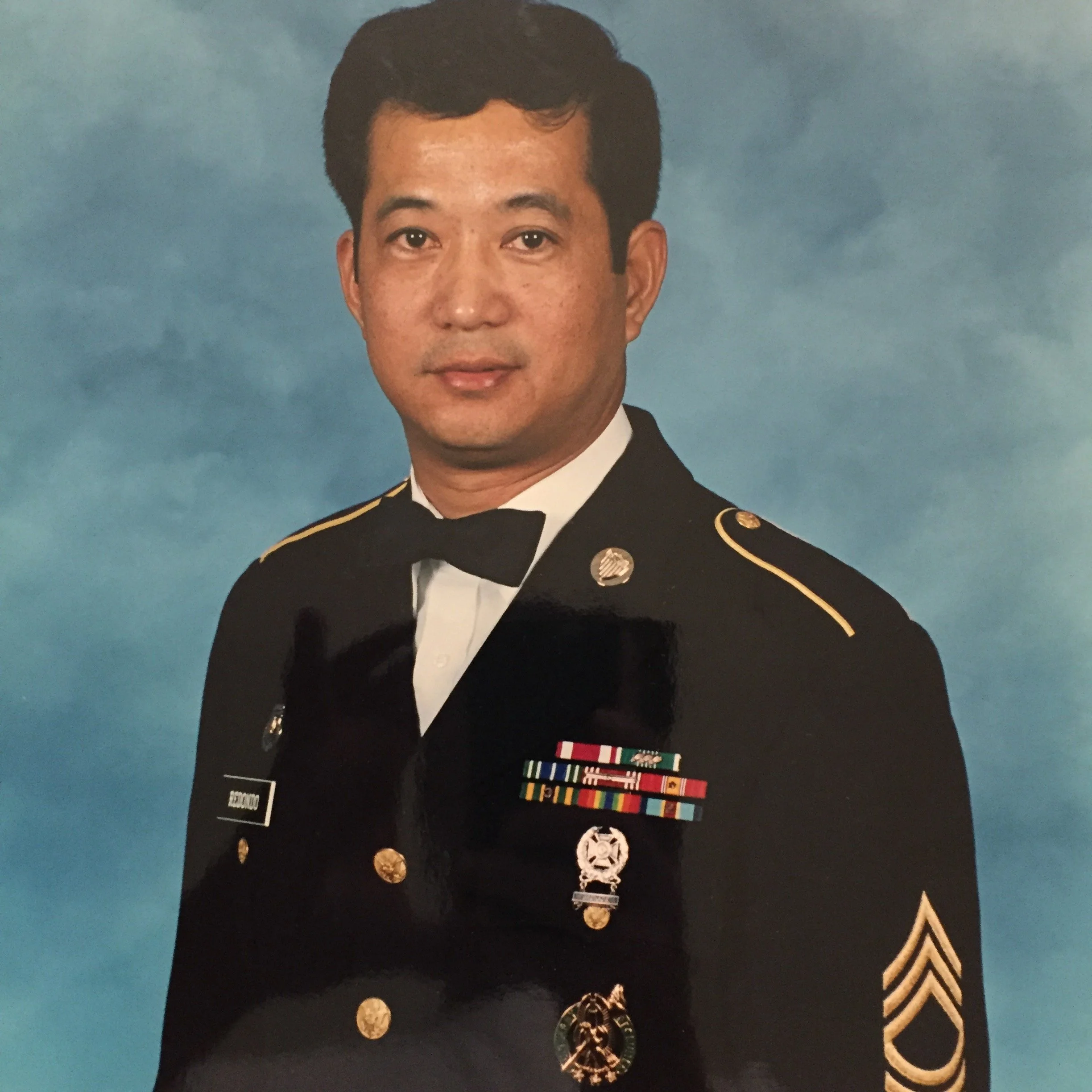









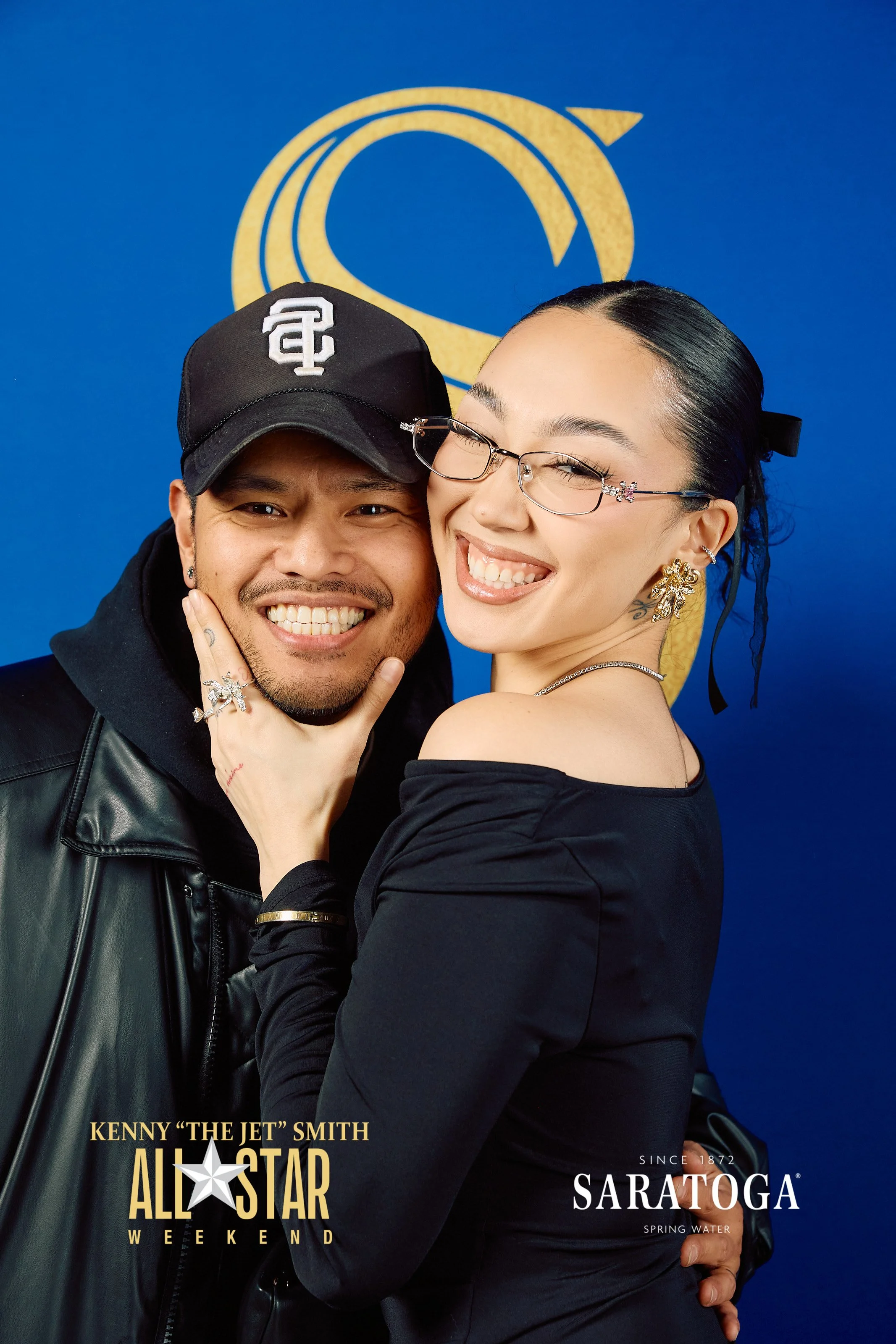



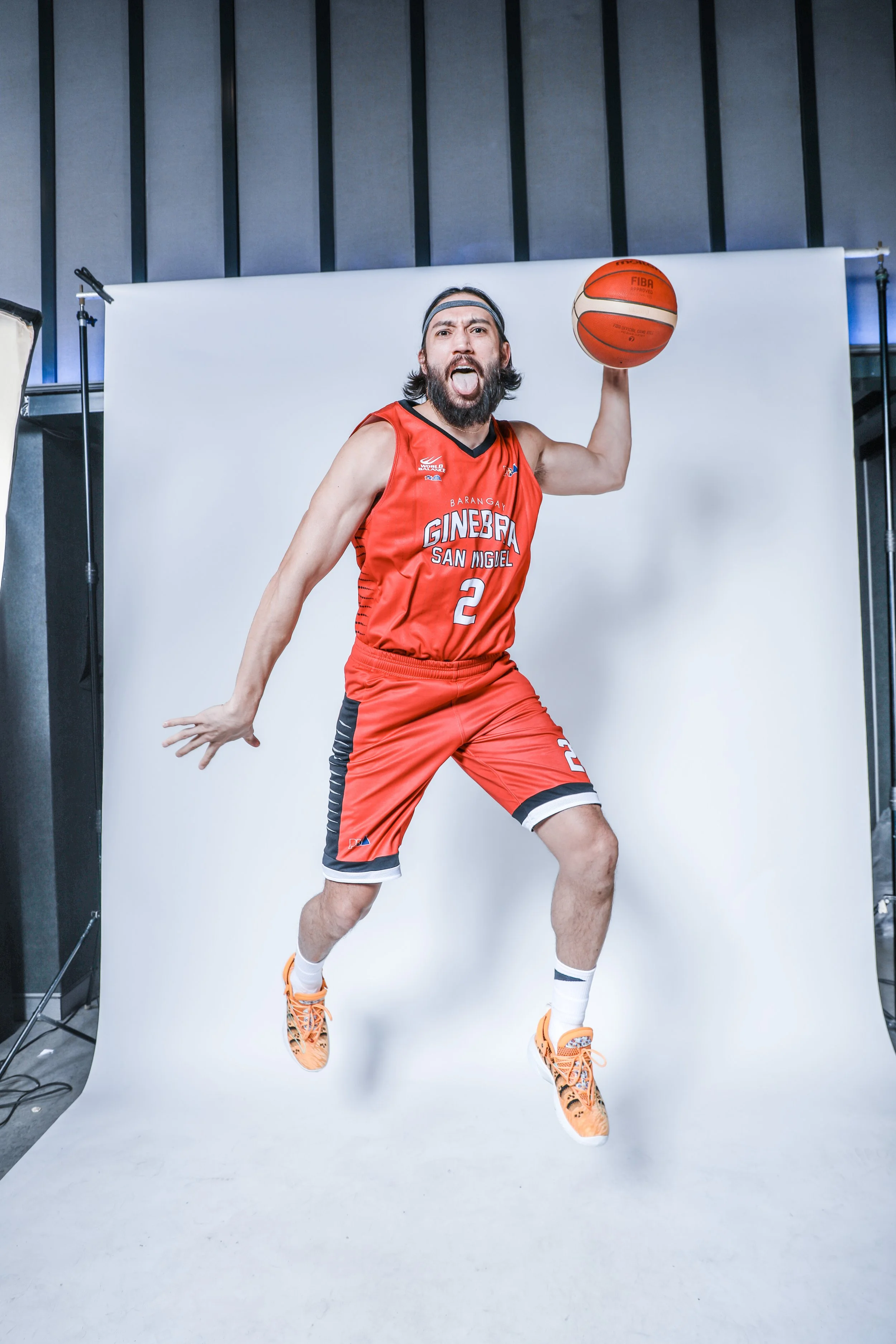
When the Avengers: Doomsday one-year countdown dropped, audiences didn’t just watch. They paused, replayed, shared, and even speculated about hidden messages. A week later, the clip surpassed 14 million views, becoming a viral moment picked up across major media outlets that fueled anticipation for the next chapter of the Marvel Universe.
The countdown video was the result of a collaborative effort led by AGBO and its studio partners. Supporting the marketing team as a contracted editor was Joshua Ortiz (@joshuajortiz), a Filipino American filmmaker whose career has steadily built toward opportunities to contribute to projects of this scale, alongside earlier success with the short films he has written and directed.